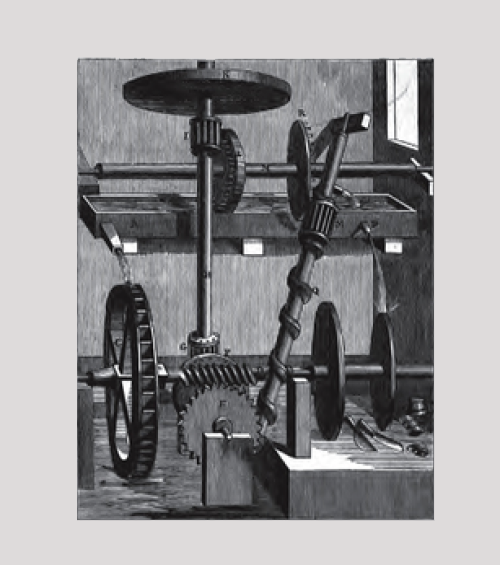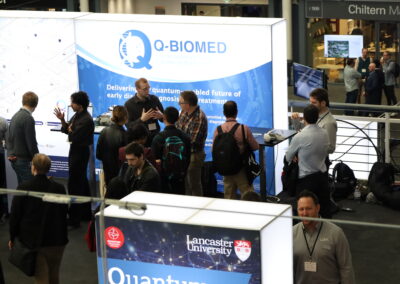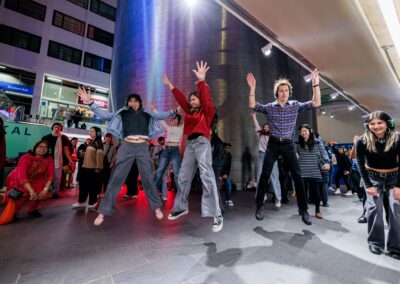This week, Melvyn Bragg and guests – including Steven Bramwell, Professor of Physics and former Professor of Chemistry at University College London – discuss the rise of the idea of perpetual motion and its decline, in the 19th Century, with the Laws of Thermodynamics.
For hundreds of years, some of the greatest names in science thought there might be machines that could power themselves endlessly. Leonardo Da Vinci tested the idea of a constantly-spinning wheel and Robert Boyle tried to recirculate water from a draining flask. Gottfried Leibniz supported a friend, Orffyreus, who claimed he had built an ever-rotating wheel.
An increasing number of scientists voiced their doubts about perpetual motion, from the time of Galileo, but none could prove it was impossible. For scientists, the designs were a way of exploring the laws of nature. Others claimed their inventions actually worked, and promised a limitless supply of energy. It was not until the 19th Century that the picture became clearer, with the experiments of James Joule and Robert Mayer on the links between heat and work, and the establishment of the First and Second Laws of Thermodynamics.



